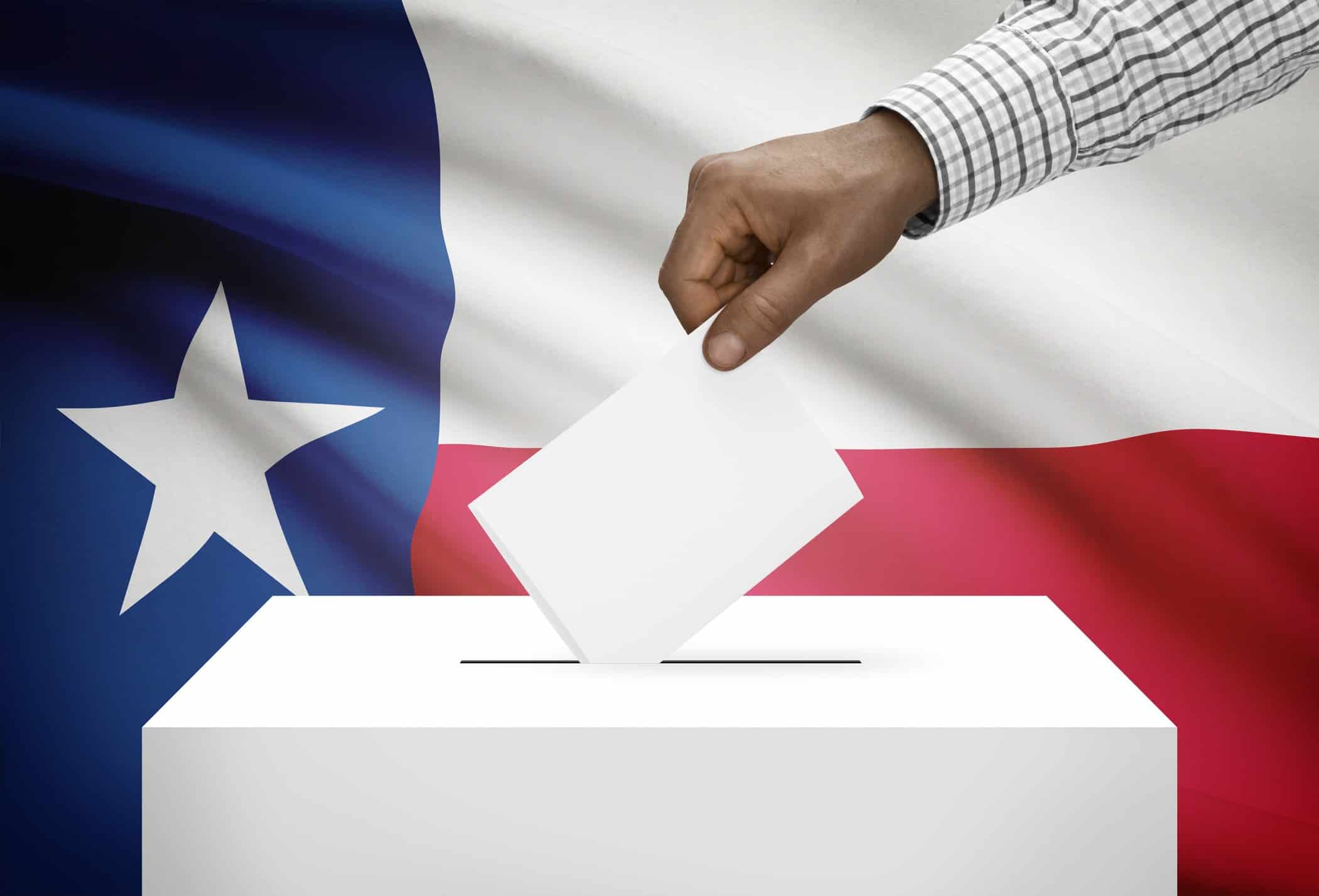Texas Attorney General Ken Paxton was in a cheerful mood Wednesday evening when the Republican-stacked Texas Supreme Court agreed that fear of contracting COVID-19 did not legally count as a “disability” — one of the state’s requirements to be eligible to vote by mail.
The ruling was part of a weeks-long legal battle against the state by Texas Democrats, Texas Civil Rights Project, American Civil Liberties Union of Texas, and other civil rights groups hoping to expand vote-by-mail.
In the days following the ruling, it has become increasingly clear Paxton’s victory lap is premature and his threats to prosecute those who disagree with him, empty.
In a know-your-rights webinar hosted by the ACLU of Texas, Senior Staff Attorney Edgar Saldivar said the latest Texas Supreme Court ruling made it clear it was up to voters — not Paxton — to decide what is and isn’t a disability when applying for a mail ballot.
Saldivar quoted directly from this week’s Texas Supreme Court ruling: “We agree, of course, that a voter can take into consideration aspects of his health and his health history that are physical conditions in deciding whether, under the circumstances, to apply to vote by mail because of disability.”
According to Saldivar, this means that the nature of a person’s sickness or physical condition, their health history, the risk of in-person voting, the adequacy of safety and sanitation measures implemented at polling locations, are all factors Texans can consider when applying for a mail ballot to protect their health.
In the same ruling, the Texas Supreme Court opinion even went as far as explicitly stating the fact that election clerks, under Texas law, do not actually have to investigate each applicant’s disability. Nor is it required for applicants to have a physician’s proof of disability when applying.
“The application form provided by the Secretary of State requires only that voters check a box indicating whether the reason for seeking a ballot by mail is a disability,” reads the ruling. “The voter is not instructed to declare the nature of the underlying disability.”
Indeed, the application to vote by mail is alluringly simple and clearly gives applicants complete leeway in making the choice on the issue for themselves.
Instructions and options on the official Texas Application for Ballot by Mail (ABBM), which can be ordered or downloaded online.
“So long as people rely on the Texas Supreme Court’s decision and the way they interpret this disability provision of the election code, the risk [of prosecution] would be minimal,” Saldivar said.
Any possibility of risk would ultimately depend on Paxton’s response, whatever that may be. Already, the attorney general has delivered thinly-veiled threats to organizers and counties disguised as non-binding advisory statements, or “guidance.”
“Those are just scare tactics,” Saldivar said. “At the end of the day, [Paxton] has to rely on Texas law and on the constitution. And currently under Texas law and with this current Texas Supreme Court decision, I think there definitely is room for a voter to decide whether they qualify for a disability category.”
Those thoughts were echoed by state Rep. Celia Israel, a Democrat from Travis County and head of the Texas House Democratic Campaign Committee who also attended the webinar as a guest. Israel said she could not imagine that a state like Texas, which prides itself on valuing personal liberties and freedoms, would have the resources or appetite to crack down on voters who chose to vote by mail in the pandemic.
“That’s not my country and that’s not my Texas,” Israel said “ … Everybody gets to decide what you’re going to call your disability, nobody wants to get up all into your business, just vote. That’s the most important thing.”
Photo: Niyazz/Getty Images
Fernando covers Texas politics and government at the Texas Signal. Before joining the Signal, Fernando spent two years at the Houston Chronicle and previously interned at Houston’s NPR station News 88.7. He is a graduate of the University of Houston, Jack J. Valenti School of Communication, and enjoys reading, highlighting things, and arguing on social media. You can follow him on Twitter at @fernramirez93 or email at fernando@texassignalarchive.com





